Search
Search Results

Definition
Roman Science
The Romans assimilated earlier Greek science for their own purposes, evaluating and then accepting or rejecting that which was most useful, much as they did in other fields such as warfare, art, and theatre. This assimilation of Greek thought...

Article
Women Scientists in the Scientific Revolution
Women scientists during the Scientific Revolution (1500-1700) were few in number because male-dominated educational institutions, as well as scientific societies and academies, barred women entry, meaning that few had the education or opportunity...
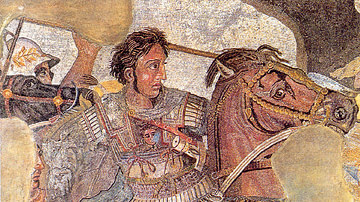
Definition
Alexander the Great
Alexander III of Macedon, better known as Alexander the Great (l. 21 July 356 BCE – 10 or 11 June 323 BCE, r. 336-323 BCE), was the son of King Philip II of Macedon (r. 359-336 BCE) who became king upon his father's death in 336 BCE and then...
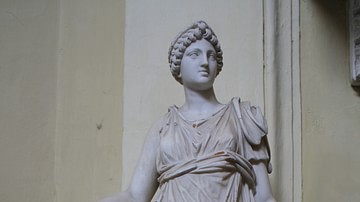
Definition
Ancient Greek Medicine
In ancient Greek medicine illness was initially regarded as a divine punishment and healing as, quite literally, a gift from the gods. However, by the 5th century BCE, there were attempts to identify the material causes for illnesses rather...
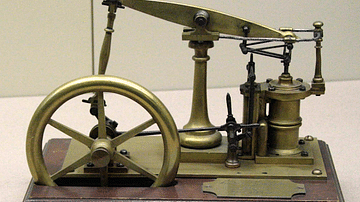
Definition
Watt Steam Engine
The steam engine developed by the Scotsman James Watt (1736-1819) from 1769 was much more efficient in terms of power and fuel consumption than earlier models, and it significantly increased the possible uses for this key invention of the...

Definition
Aristotle
Aristotle of Stagira (l. 384-322 BCE) was a Greek philosopher who pioneered systematic, scientific examination in literally every area of human knowledge and was known, in his time, as "the man who knew everything" and later simply as "The...
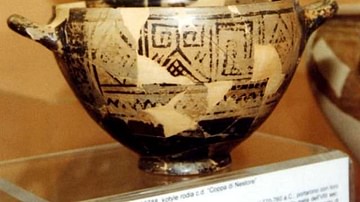
Definition
Greek Alphabet
The Greek Alphabet developed from the Phoenician script at some point around the 8th century BCE. The earlier Mycenaean Linear B script, used primarily for lists and inventories, had been lost during the Greek Dark Age, and the technology...

Definition
Hildegard of Bingen
Hildegard of Bingen (also known as Hildegarde von Bingen, l. 1098-1179) was a Christian mystic, Benedictine abbess, and polymath proficient in philosophy, musical composition, herbology, medieval literature, cosmology, medicine, biology...
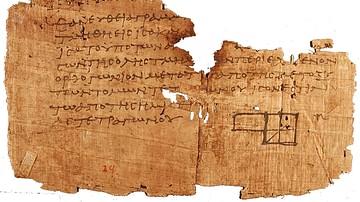
Definition
Ancient Greek Science
Ancient Greek science is a modern term for the application of systematic inquiry into the individual, the world, and the universe, which began in Ionia in the 6th century BCE with Thales of Miletus (l. c. 585 BCE) and continued through the...

Definition
Hippocrates
Hippocrates was born on the Greek island of Kos in the 5th century BCE, and he became the most famous physician in antiquity. He established a medical school on the island, wrote many treatises on medical matters, and is, through his systematic...